How this m Power BI M code can be modified
= Table.AddColumn(#"PreviousStep", "Tag", each
if Text.Contains([Column1]) = "value1" then "bingo"
else if Text.Contains([Column1]) = "value2" then "bingo"
else if Text.Contains([Column1]) = "value3" then "bingo"
else ["Some other value"])
into a one line code similar to SQL
case when [Column1] in ("value1", "value2", "value3") then "bingo" else "Some other value" end
I would not like to repeat the lines else if but have it in a similar way as
List.Contains({'Value1', 'Value2', 'Value3'}, [Column1])
used here: https://stackoverflow.com/a/51749519/1903793
